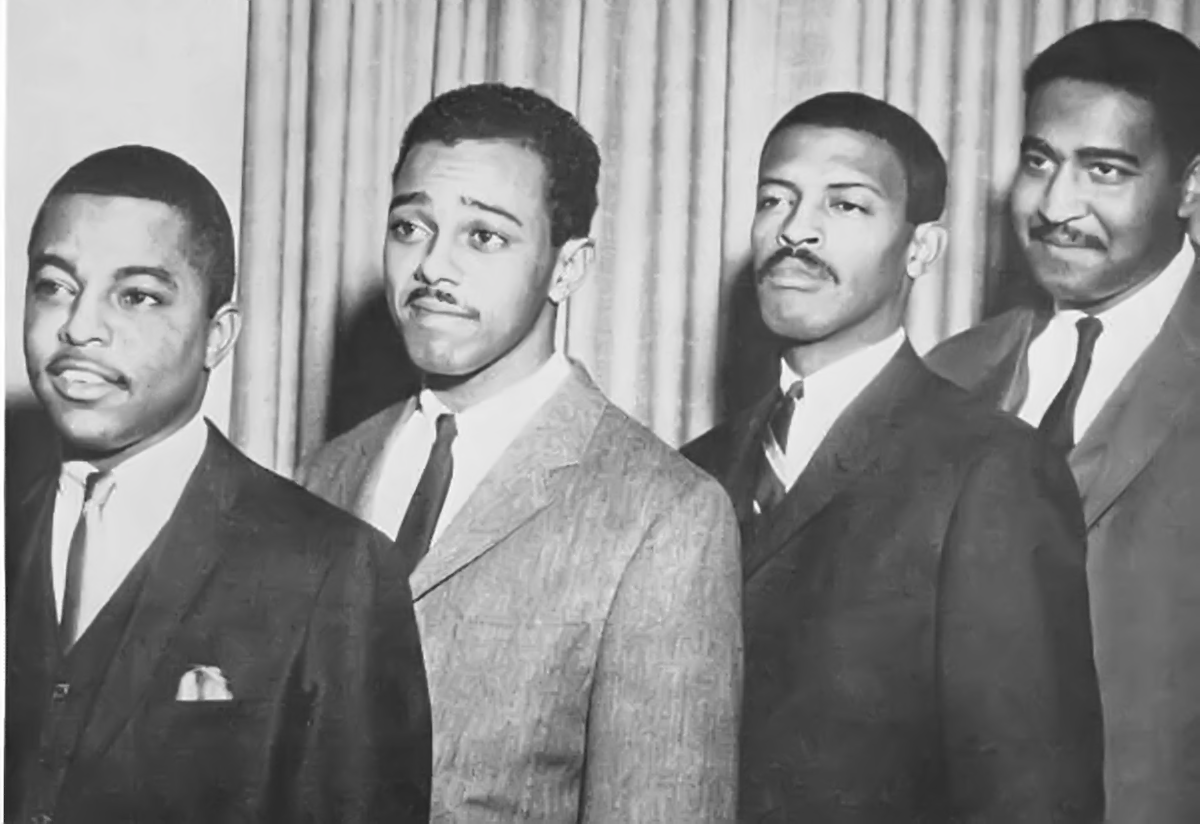Ezell A. Blair Jr. was one of the four African American college students who initiated the sit-in protest at Woolworth’s lunch counter in Greensboro, North Carolina, on February 1, 1960. At the time of the protest, he was a student at North Carolina Agricultural and Technical State University, where he was studying engineering.
Blair, along with Joseph McNeil, Franklin McCain, and David Richmond, decided to stage the sit-in protest as a way of challenging the racial segregation that was prevalent in their community. The four students were inspired by the nonviolent teachings of Mahatma Gandhi and Martin Luther King Jr., and they believed that peaceful direct action was the best way to bring about change.

Blair and the other three students were refused service when they sat down at Woolworth’s lunch counter, but they refused to leave and stayed at the counter until the store closed. The next day, they returned to the store with more students and continued their sit-in protest. The sit-in protest continued for several days and soon spread throughout the South, sparking a new phase of the Civil Rights Movement.
After the Greensboro sit-ins, Blair became a prominent civil rights activist and organizer. He changed his name to Jibreel Khazan and became involved in the Student Nonviolent Coordinating Committee (SNCC) and other civil rights organizations. He participated in Freedom Rides, voter registration drives, and other forms of nonviolent direct action to challenge segregation and promote equality and justice for all.

Khazan’s courageous actions helped to bring attention to the injustices of segregation and inspired others to join the fight for civil rights. Today, he is remembered as a hero of the Civil Rights Movement and a symbol of the power of nonviolent resistance to bring about change.

